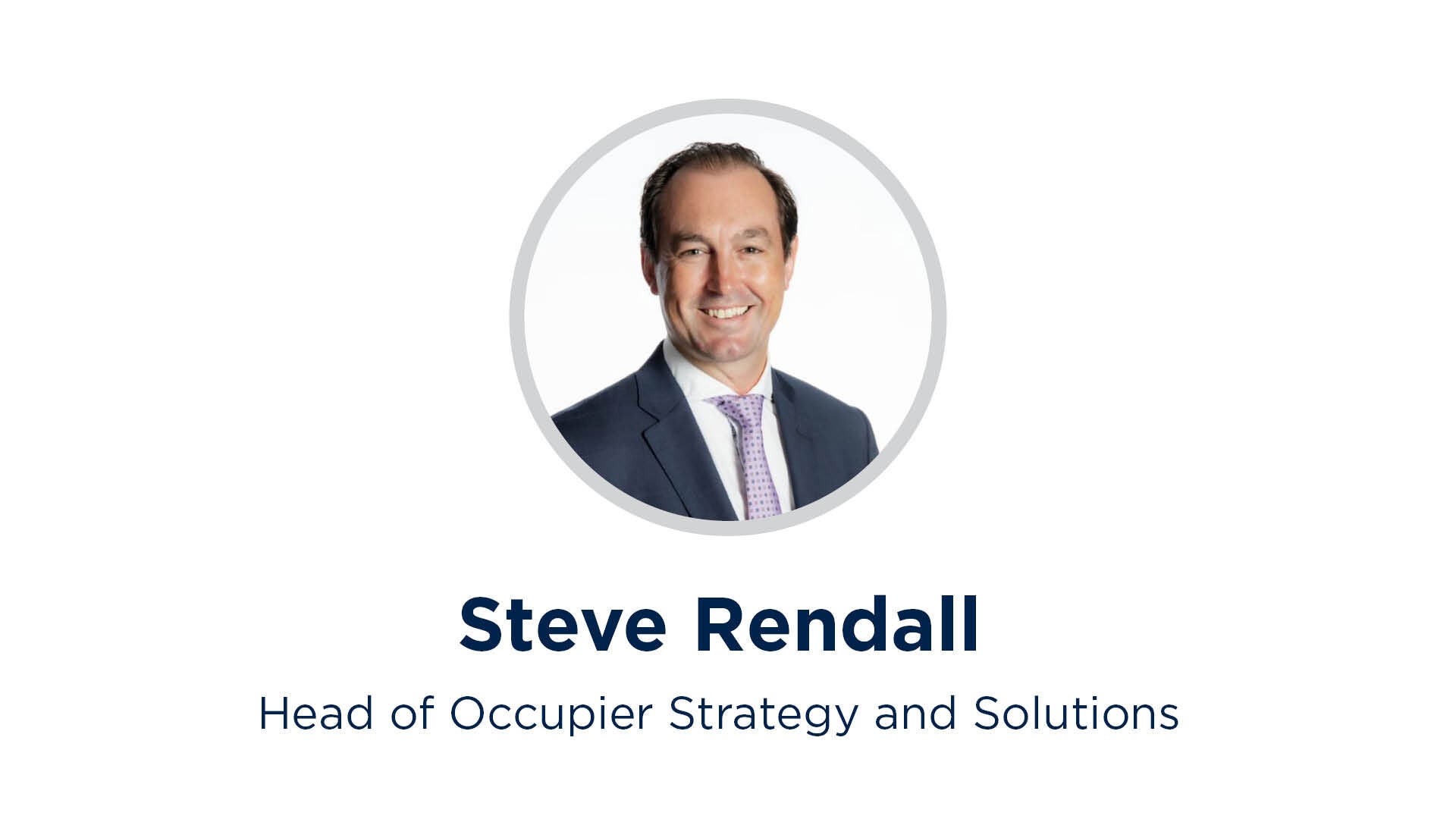our-Space---hero.jpg)
Commercial -
Office sector moves from experimentation to evolution
New global research by Bayleys’ global real estate partner, Knight Frank has highlighted the increasing complexity of the business environment and the critical role that property has in supporting business transformation agendas over the next three years.
As outlined in the latest edition of Bayleys’ Total Property portfolio, surveyed occupiers largely agree that a centralised office is core to their operational strategies, although many are still struggling to resolve their optimal workplace areas, configuration and models of work.
A key theme of Knight Frank’s (Y)OUR SPACE report is the shift in approach over the global pandemic timeline. From forced experimentation, to evaluation, to where we are now – evolution – as office occupancy models world-wide adopt the best practices learnt during the pandemic while simultaneously readopting more traditional styles of occupancy.
The research showed that 50 percent of heavyweight global employers with more than 50,000 staff intended to reduce office space, typically by 10 to 20 percent by 2026, but most companies with up to 10,000 staff expected to increase office space.
Factors like expansion into new geographical markets, growth via acquisition, digital transformation and diversification into new business areas are all impacting commercial real estate strategies and decisions at both a portfolio and workplace level.
Bayleys’ recently appointed national head of occupier strategy and solutions, Steve Rendall said the research spearheaded by Dr Lee Elliot of Knight Frank gives global context for New Zealand businesses making decisions about their future occupancy arrangements.
“Complexity and transformation are inherent across the office sector, with 39 percent of survey respondents deeming changes to the way they operate will have ‘high impact’ ramifications for the real estate they occupy.
“The data that sits behind the (Y)OUR SPACE report has been invaluable for decision-makers and the findings have been well received by our landlord and occupier clients giving them a fantastic reference point to enable them to develop their own strategies.”
Rendall said data from surveyed Australian and New Zealand (Aus-NZ) commercial real estate occupiers shows that as a region, Aus-NZ is generally very supportive of a return to the office post-pandemic – albeit with hybrid likely to be the prevailing workstyle in the next three years.
“Office occupancy rates in New Zealand and Australia are sitting at 60 percent, with significant variance across different kinds of occupiers,” said Rendall.
“That figure is closer to 90 percent in Hong Kong, China and Japan, 55 percent in France and the UK, 50 percent on the US east coast and just 30 percent on the US west coast.
“Occupancy rates are heavily dictated by business type. For example, the technology sector is continuing to embrace more flexible hybrid working styles, while professional and financial services firms are favouring a more traditional approach embracing ‘office first’ or ‘office only’ attendance strategies.”
Well-designed workplaces providing the infrastructure and amenity that work-from-home environments cannot provide are fuelling the return to centralised corporate offices.
“All respondents in the Aus-NZ survey group agreed that real estate is strategically important to their business with the top five reasons being increased collaboration, employee wellbeing, talent attraction and retention, cost management and mitigation, and corporate brand and image” said Rendall.
The survey showed 57 percent of Aus-NZ businesses expect to increase or maintain their real estate footprint in the next three years, with changing workstyles influencing both the quantum and quality of workspace required.
Around 80 percent of surveyed businesses say their corporate environmental, social and governance (ESG) philosophy will influence their real estate decisions in the next three years, with the flight to accredited space escalating and ESG rising up the corporate agenda in recent years.
Given the complexity noted across the office operational environment with changing expectations and cost-balancing, the report suggests we are in the early part of a new change cycle which has implications for investors and developers.
Rendall said partnership models are emerging, and landlords are often working closely with occupiers to establish flexible leases with options to “right-size” space commitments as business fundamentals change.
“Finding a pathway to capital and fitout expertise is also hugely important.
“Landlords that can provide suitable incentives, support the transition process through providing fitout expertise and capability, and/or simply create the right environment before securing new tenants, have a huge advantage.”
Rendall said other local points regarding offices were also emphasised by clients in response to the (Y)OUR SPACE survey findings. These included the safety and security of office occupiers – primarily in Auckland’s CBD and in relation to after-hours access and transport solutions – and what the rise of artificial intelligence (AI) might mean for the office environment.
“The discussions in relation to AI have been really interesting, with the prospect of changing roles amid technological disruption giving business leaders further uncertainty in relation to longer-term office occupancy projections.”
